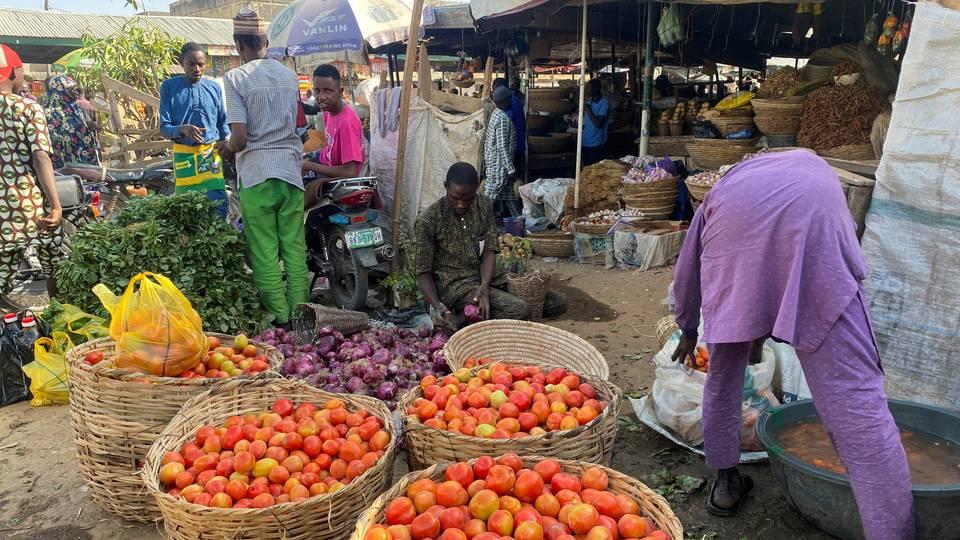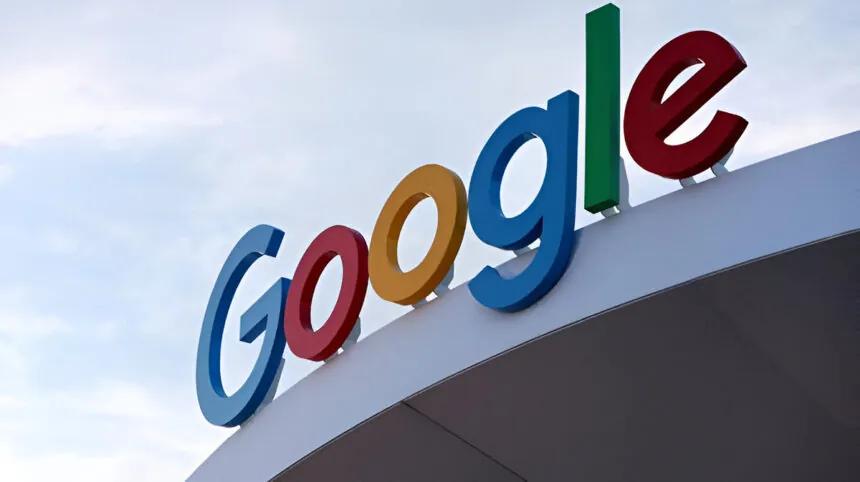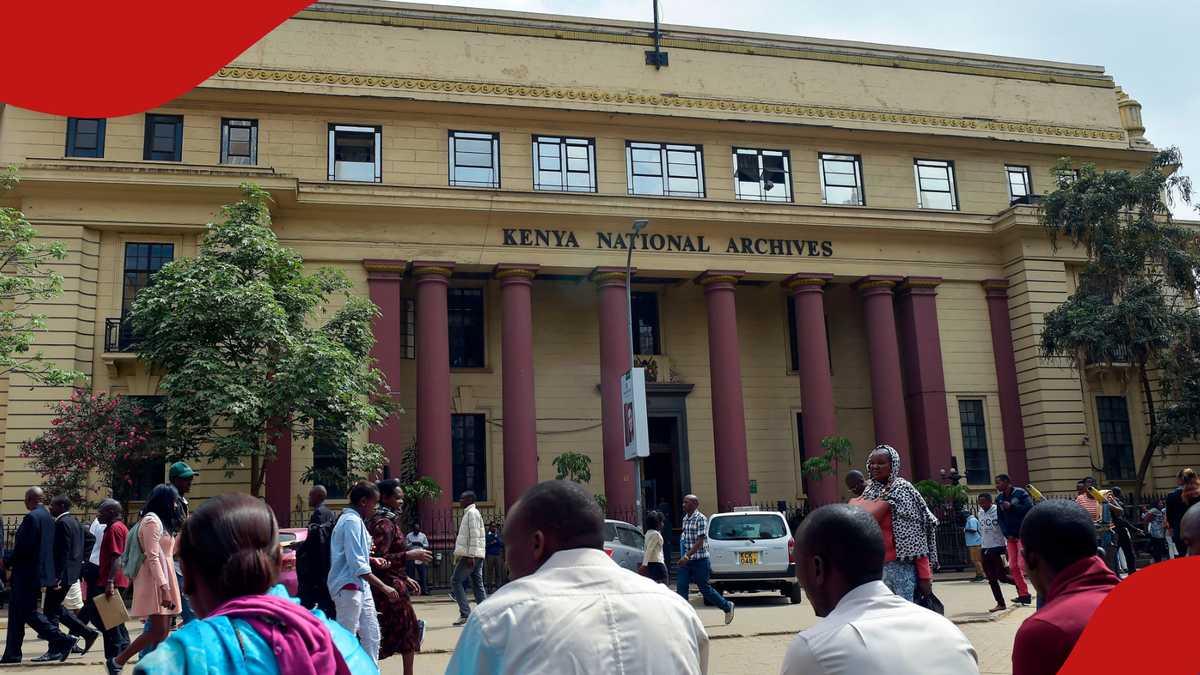
Nigeria's inflation rate climbed to over 33% in October, according to government data, marking a significant economic challenge for the country. The surge reflects the ongoing effects of economic reforms introduced earlier this year.
Analysts have expressed concerns over the government's inability to implement measures to cushion the shocks resulting from these reforms. They argue that the steep rise in inflation could have been mitigated with better planning and safeguards.
The rise in inflation has been linked to several key policy changes, including the removal of fuel subsidies and the unification of exchange rates. While these reforms were intended to boost economic efficiency and attract foreign investments, they have also led to increased costs for goods and services, squeezing household budgets.
Critics highlight that while reforms are essential for long-term economic stability, the lack of adequate measures to address immediate impacts has left many Nigerians struggling. Essential commodities, transportation, and food prices have skyrocketed, further intensifying economic hardships for the average citizen.
Economists warn that without strategic interventions, inflation could continue to rise, further eroding purchasing power and deepening poverty. Proposals include targeted subsidies for vulnerable populations, improved monetary policies, and investments in sectors like agriculture to stabilize food prices.
The government has defended its reform agenda, stating that the measures are necessary to restructure the economy and lay a foundation for sustainable growth. Officials argue that the pain is temporary and will eventually lead to a more resilient economy.
As inflation remains a pressing concern, many Nigerians are calling for urgent action to ease the burden on households. The coming months will test the government's ability to balance reform implementation with measures to alleviate economic pressures.
This situation underscores the delicate balance between economic reform and its impact on citizens, with policymakers facing mounting pressure to ensure that growth strategies do not come at the expense of public welfare.
Business

EU Fines Google $3.45 Billion for Abusing Adtech Monopoly
The European Union has fined Google €2.95 billion ($3.45 billion) for abusing its dominance in the digital advertising market.

Trump Signs Order Cutting Tariffs on Japanese Cars to 15%
US President Donald Trump has signed an executive order lowering tariffs on Japanese car imports from 27.5% to 15%, marking a significant shift in trade relations between Washington and Tokyo.

Kenya to Relocate National Archives From Nairobi CBD for Safety
For decades, the Kenya National Archives has stood at the heart of Nairobi, serving both as a heritage hub and one of the city’s most familiar landmarks.

Cracker Barrel Stock Plunges Nearly $200M After Logo Redesign
Cracker Barrel lost almost $200 million in market value Thursday after its stock price plunged following the release of a redesigned company logo.

KCB Group Declares Record Interim and First Special Dividend
KCB Group PLC has announced a strong half-year performance for 2025, posting a net profit of Ksh 32.3 billion, an 8% increase from Ksh 29.9 billion in the same period last year.

China Races Ahead of US in Central Asia’s Minerals Push
The United States is voicing strong interest in Central Asia’s critical minerals, but China is taking more decisive steps to secure them.